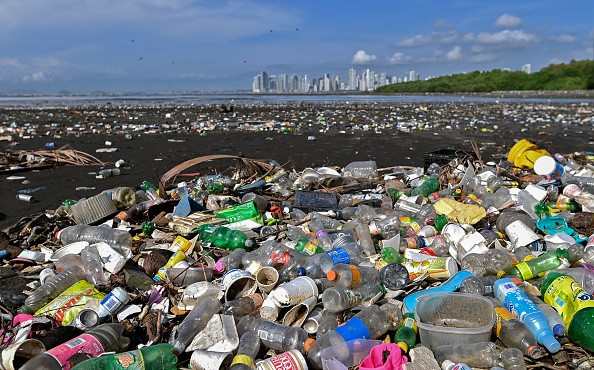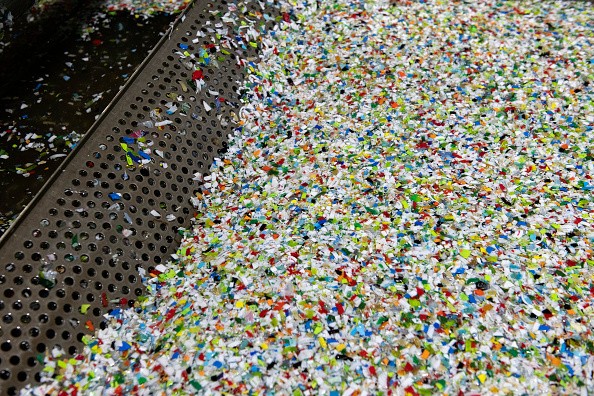
According to a new report filed by the federal government, the United States is the world's leading producer of plastic garbage. The country urgently requires a new plan to reduce the massive quantity of plastic that ends up in the seas.

Increase in Plastic Usage
The introduction of inexpensive, versatile plastics has resulted in "a global scale deluge of plastic waste seemingly everywhere we look," with the United States being a leading contributor of disposable plastics that end up entangling and choking marine life, harming ecosystems, and bringing harmful pollution up the food chain.
Plastic garbage production in the United States has expanded dramatically since 1960. The country currently produces over 42 million metric tons of plastic waste per year or roughly 130 kilograms of rubbish for every American. This sum exceeds the aggregate GDP of all European Union member countries. According to the research, the quantity of municipal garbage generated in the United States is two to eight times that of similar countries worldwide.
US Recycling System

The recycling system in the United States has been unable to keep up with the massive increase in plastic output in the United States. Littering, dumping, and improper trash disposal in landfills have led up to 2.2 million tons of plastic to "leak" into the environment each year, including everything from plastic bottles and straws to packaging. Due to data gaps in tracking, the overall waste might be substantially higher.
Most plastic gets up in the world's seas via rivers and streams.
Related Article : 26,000 Tons of Covid Plastic Wastes Now Pollute the World's Oceans
Plastics in the Ocean

Every year, at least 8.8 million tons of plastic debris enter the ocean, the equivalent of throwing a garbage truck full of plastic into the ocean every minute. If present trends continue, experts anticipate that by 2030, this figure will have risen to 53 million tons or approximately half of the weight of all fish collected in the world's oceans each year.
"Plastic trash is an environmental and social catastrophe that the United States must address head-on from source to sea," said Margaret Spring, Monterey Bay Aquarium's chief conservation and research officer. Spring headed a group of specialists that prepared the National Academies of Sciences, Engineering, and Medicine's congressionally mandated report.
"Plastic waste generated in the United States has so many consequences," Spring continued. "It affects inland and coastal communities, pollutes our rivers, lakes, beaches, bays, and waterways, places social and economic burdens on vulnerable populations, endangers marine habitats and wildlife, and contaminates waters upon which humans rely for food and livelihoods."
Creating New National Policies
To stop the flow of plastics into the water, the committee advises that a new national policy be developed by the end of next year. According to the paper, the plan should attempt to reduce plastic manufacturing, particularly for non-reusable or recyclable plastics, promote alternative materials that may be reused, and improve garbage collection and capture standards.
Broader international and industrial developments will influence any endeavor to reduce plastic pollution. The United States, like many other affluent countries, used to sell plastics to China to solve their trash problems, but the Chinese banned these imports in 2018. As a result, more plastic garbage is being transferred to other nations, such as Vietnam and Thailand, while "recycled" plastic is being burnt in local landfills that can no longer handle the volume of waste.
Fossil Sector's Action
Meanwhile, the fossil fuel sector is exploring a massive increase in plastic manufacturing while worries about the climate issue are pressuring its principal business. Plastic polymers can be made using crude oil as a feedstock, and the industry is banking on a surplus of new plastic to flood the market in the coming years, clogging up streams, beaches, and seas.
"The issue is urgent because production is expanding, the waste output is increasing, and leakage effects have the potential to rise as well," said Jenna Jambeck, a member of the report's scientific committee.
For more environmental news, don't forget to follow Nature World News!
© 2025 NatureWorldNews.com All rights reserved. Do not reproduce without permission.





